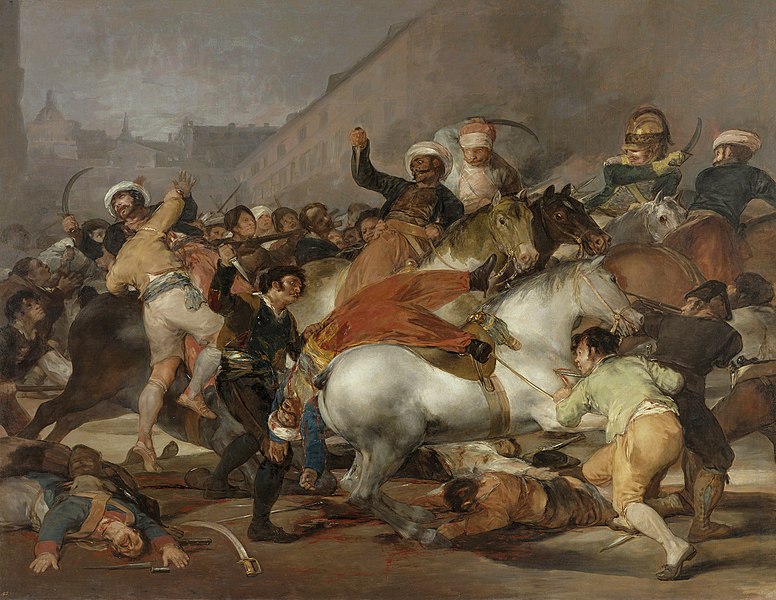Yesterday, Sunday 1 May, was International Workers’ Day, but the bank holiday has been shifted to today in Spain, the UK and many other countries. Not, somewhat surprisingly, in Germany, however. In that country, if a bank holiday falls at the weekend, tough! Workers lose that day. So, if, for example, Christmas Day and Boxing Day fall on a Saturday and Sunday, the following Monday and Tuesday are normal working days. In this example, New Year’s Day would fall on a Sunday also, so that would be a triple whammy in Deutschland – three days holiday lost!
International Workers’ Day
International Workers' Day, also known as Labour Day in some countries and often referred to as May Day, is a celebration of labourers and the working classes that is promoted by the international labour movement and occurs every year on May Day (1 May).

While it may belong to a tradition of spring festivals, the date was chosen in 1889 for political reasons by the Marxist International Socialist Congress, which met in Paris and established the Second International as a successor to the earlier International Workingmen's Association. They adopted a resolution for a "great international demonstration" in support of working-class demands for the eight-hour day.
The date had been chosen by the American Federation of Labor to continue an earlier campaign for the eight-hour day in the United States, which had been the cause of a general strike beginning on 1 May 1886, and culminated in the Haymarket affair, which occurred in Chicago four days later.
May Day subsequently became an annual event.The 1904 Sixth Conference of the Second International, called on "all Social Democratic Party organisations and trade unions of all countries to demonstrate energetically on the First of May for the legal establishment of the eight-hour day, for the class demands of the proletariat, and for universal peace".
The 1st of May is a national public holiday in many countries across the world, in most cases as "International Workers' Day" or a similar name
What happens in Spain?
Here in Spain, families will spend the day together, maybe going for a walk, a car excursion and/or eating with the extended family. As it’s a Puente, giving workers a long weekend, many Spanish will go away for a short break, either to the coast or into the mountains.
This year the Sevilla Fair starts on 1 May and lasts until Saturday 7 May. Curiously called La Feria de Abril, this is a week of serious dancing, drinking, eating and socialising, with late nights - or all-nighters - the norm. The sheer extent of the April Fair's spectacle is extraordinary.
From around midday until early evening - especially on Sunday, the first official day - Sevilla society parades around the Recinto Ferial (showground) in carriages or on horseback. There are also daily bullfights , generally considered the best of the season. Then the eating, drinking, and dancing continues into the small hours.
Famous painting
Dos de Mayo is also the title of a painting by Franciso de Goya. Probably his most famous painting, it was completed in 1814 and commemorates the Second of May Uprising of 1808 which took place in Madrid.

It was a rebellion by local civilians, alongside some military personnel, against the occupation of the city by Napoleon’s French troops, provoking a heavy-handed repression by the French Imperial forces and much violence, as depìcted in Goya's painting.
***
So, today is a big day in Spain for a few good reasons. Enjoy.
We are planning to walk the recently opened Caminito de Montejaque, also known as the Caminito de los Caballeros, followed by lunch either in the newly re-opened El Patio or in our favourite restaurant La Terraza, both in Montejaque.
The weather forecast is very good, so …..